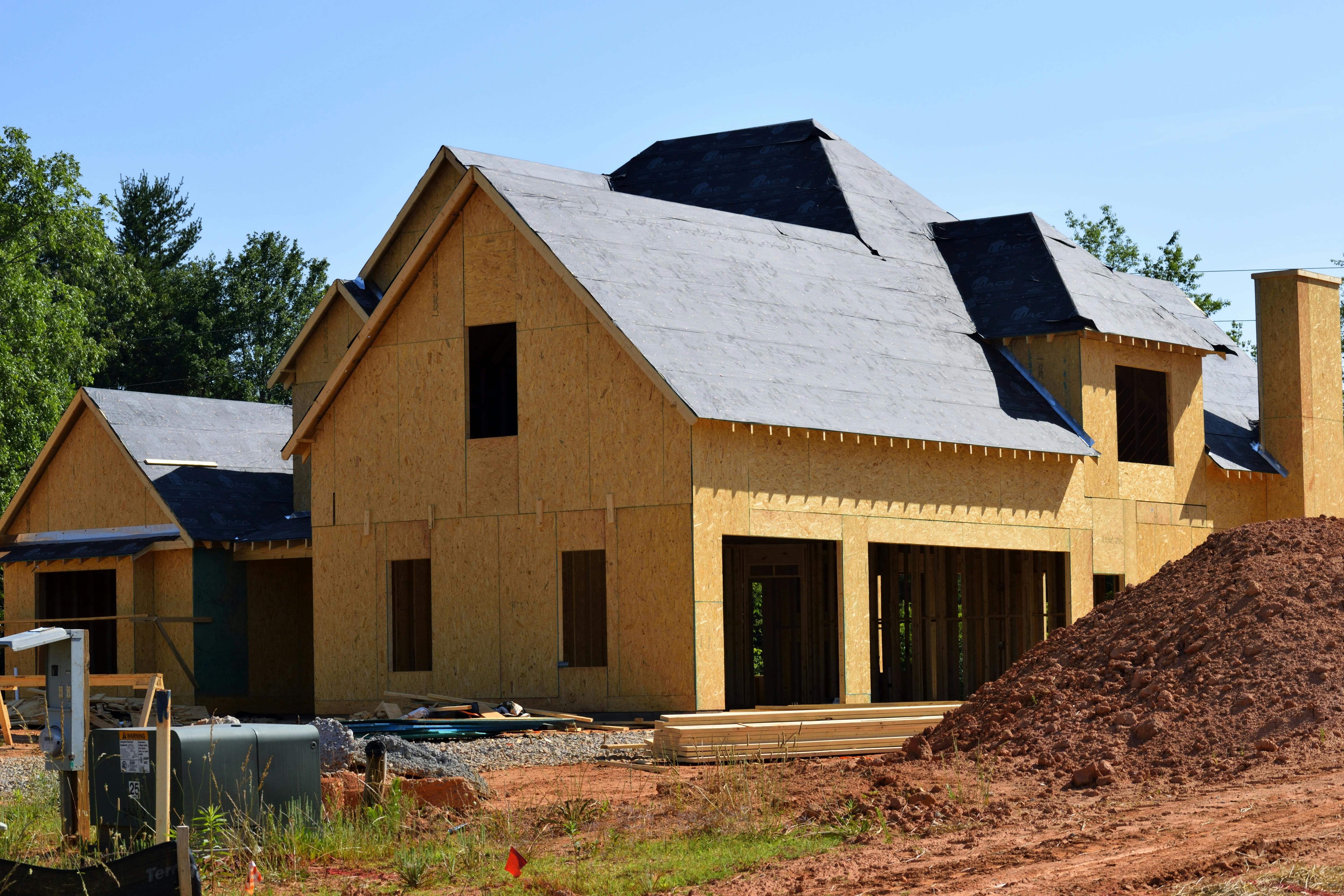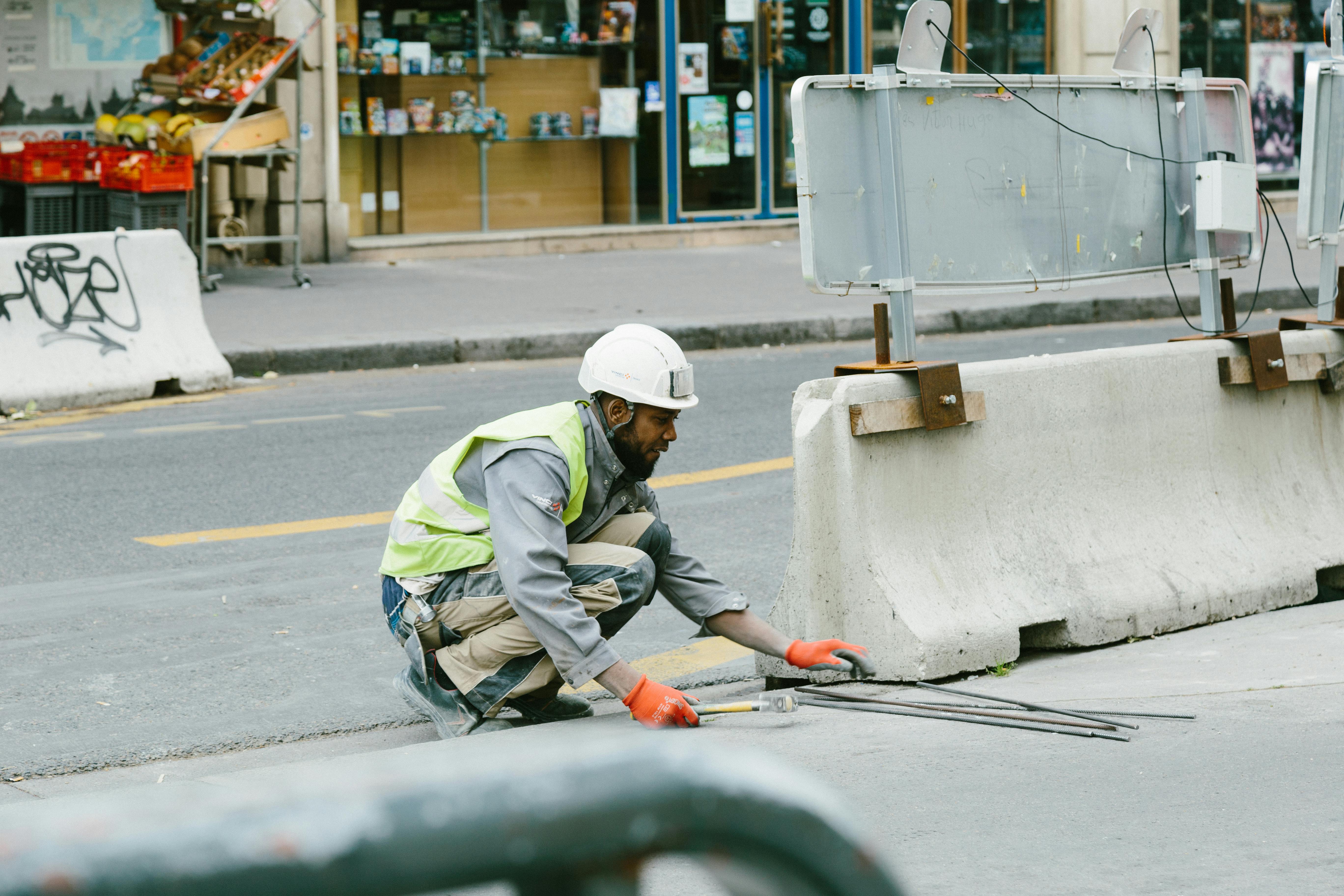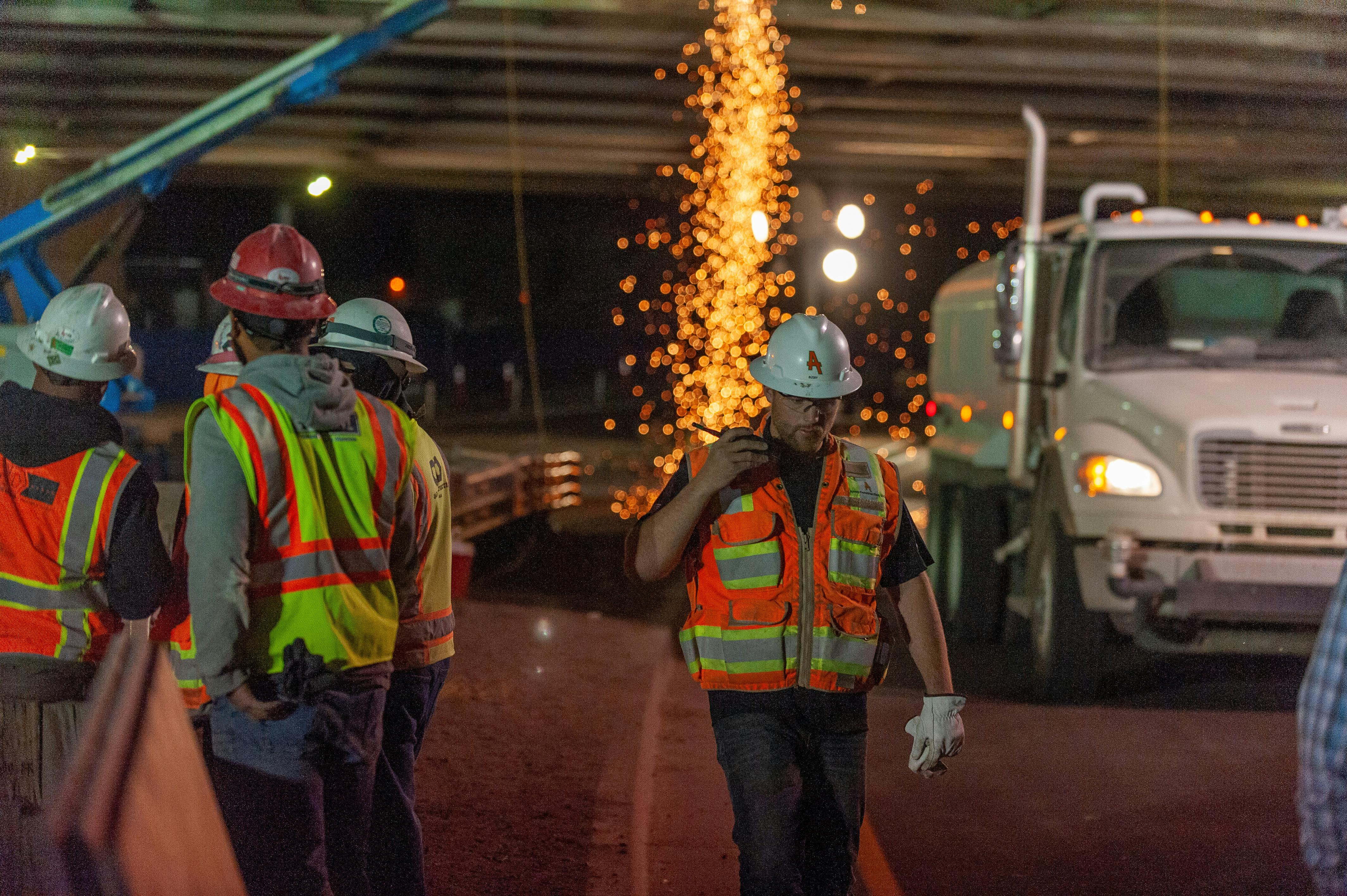
When you own a property, you expect it to be safe and sound. But sometimes, mistakes happen when a home or building is made. These mistakes are called construction defects. Let’s look at what they are, the different kinds, who is responsible, how they affect your home’s value, steps you should take, and how our firm can help.
What is a construction defect?
A construction defect is a problem with how a building was made. It can come from bad design, bad materials, or poor workmanship. According to Florida construction law, a construction defect is any flaw in design, materials, planning, supervision, or the actual building work. It also includes code violations or not doing things the right way at the time it was built.
There are two types:
- Patent defects: These are obvious and visible, like cracks you can easily see.
- Latent defects: These are hidden and might appear later, like a leak inside the walls.
Florida law gives you 4 years to take action once you notice a defect, but no more than 10 years after the building work finished. That’s why it’s important to act fast, especially in condominiums or commercial buildings, where damage can impact many people.
Common Construction Defects and Disputes
- Design defects: Mistakes in the building plan, like poor drainage or weak beams.
- Material defects: Using weak or bad-quality items, like pipes that rust too soon.
- Workmanship defects: Sloppy building work, such as unlevel floors or bad wiring.
These issues can cause leaks, mold, uneven floors, or even structural failure, which may lead to serious property damage and unsafe living conditions.
Who is liable?
People involved in your project might be responsible for the defects. This includes:
- Architects or engineers (designers)
- Builders and general contractors
- Subcontractors (like plumbers or electricians)
- Suppliers of materials
Who is held responsible depends on who caused the problem, what the construction agreement says, and the level of liability they have under Florida construction law. If someone broke the terms of their job, it could even be considered a breach of contract.

How defects affect property value
Construction defects can lower your home’s worth in several ways:
- Harder to sell: Buyers may walk away or ask for lower prices if they see issues.
- Lower sale price: Buyers often ask for discounts to fix problems.
- High repair costs: Fixing major issues, like foundation cracks or roofing leaks, can cost a lot.
- Insurance & mortgage issues: Some lenders or insurers may not approve a property with known defects.
This is especially true for commercial building owners, where defects may lead to serious business losses and legal claims.
Steps property owners should take
- Watch for signs: Cracks, stains, soft spots, or sagging areas can be red flags.
- Get an inspection: A licensed inspector can find hidden or alleged construction defects.
- Send a notice of claim: In Florida, you must do this under Chapter 558. It gives builders 60 days to respond.
- Allow for repairs: Builders have a right to inspect and offer to fix the issues.
- Document everything: Photos, reports, and dates matter, especially in construction defect litigation.
- Talk to experts: A lawyer can help you protect your rights under construction law.
- Decide what comes next: You can let them fix the defect, negotiate, or go to court if needed.
How Vargas Gonzalez Delombard can help
At Vargas Gonzalez Delombard, we stand with clients facing construction defects. Here’s how we help:
- Case review: We check contracts, reports, and photos of your property damage.
- Apply Florida law: We know how to handle notices, deadlines, and liability rules.
- Negotiate or go to court: We fight for repairs or compensation.
- Hire the right experts: From inspectors to engineers, we help you prove alleged construction defects.
- Advocate for you: Whether you’re in a home, condominium, or business, we represent our clients with care and skill.
Why acting fast matters
- Strict time limits: You usually have 4 years to act, and no more than 10 years from when the job was done.
- 60-day repair window: Letting builders try to fix it might avoid a full lawsuit.
- Save money: Early repairs cost less than fixing a major structural failure later.
- Protect your investment: A quick response keeps your property safe and valuable.
Take Action Early to Protect Your Property
Construction defects can damage your property and cost a lot. If you spot anything that seems wrong, like a leak, crack, or rotting material, it’s smart to act without waiting. Get it checked, send a claim, and protect your home.
At Vargas Gonzalez Delombard, we’re ready to help you spot construction defects, take action under Florida construction law, and make sure your property stays safe and valuable. Reach out for a free talk about your situation, no pressure, just friendly help.



